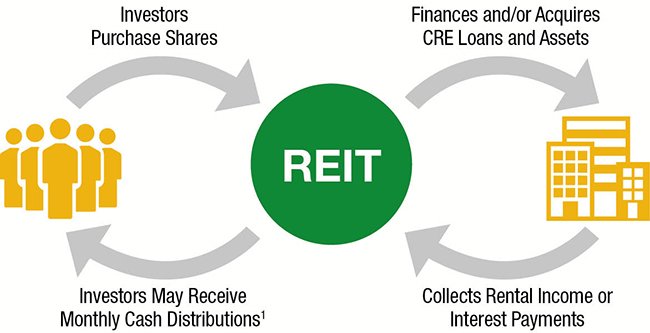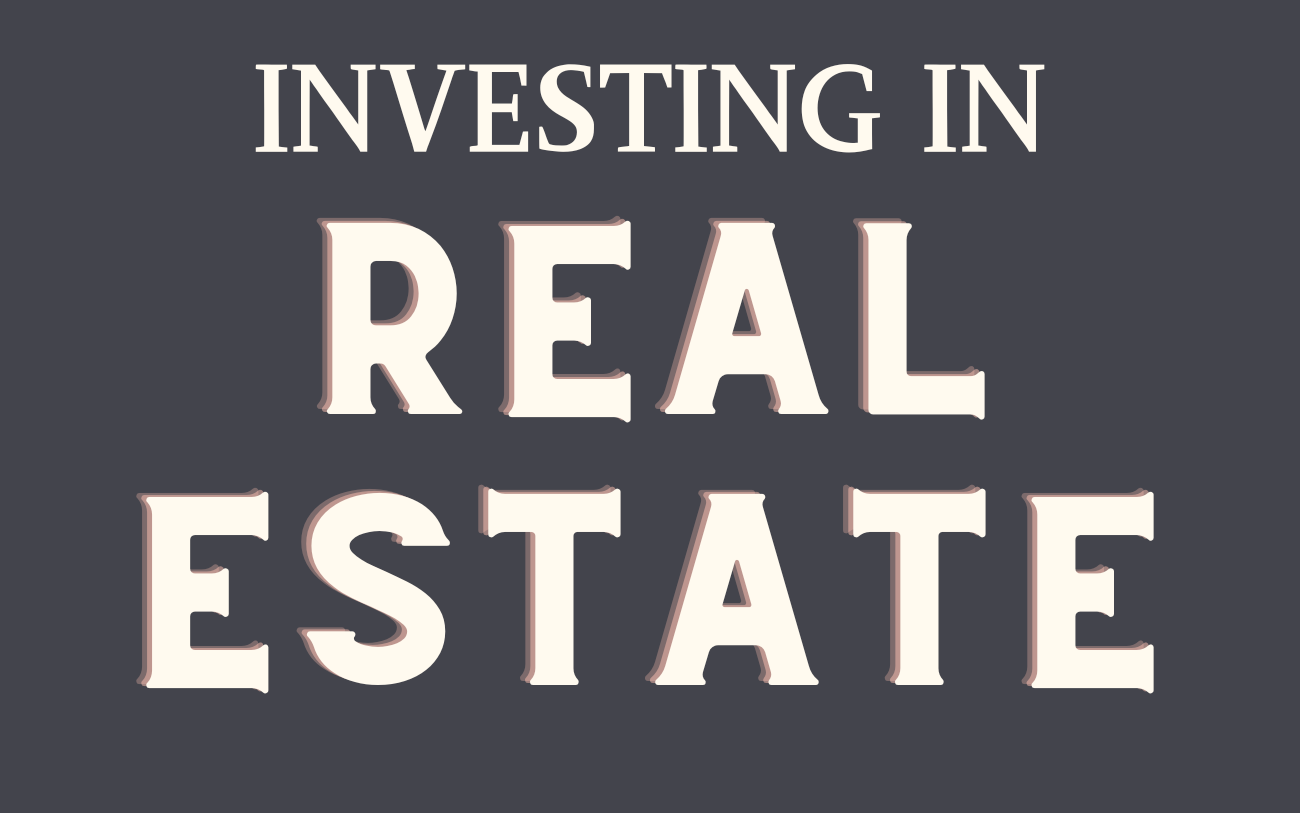Introduction
Welcome to the exciting world of real estate investing! If you’re standing at the threshold, wondering whether to step into this realm, you’re in the right place. Real estate investing for beginners may seem like navigating uncharted territory, but it’s a journey filled with opportunities for growth, learning, and financial rewards. In this guide, we’ll walk through the essentials – from understanding what real estate investing entails to mastering the art of profitable investments. Whether you’re looking to secure a passive income, diversify your portfolio, or simply explore a new avenue of investment, this journey is bound to be as enriching as it is enlightening. So, let’s embark on this adventure together and uncover the potential that real estate investing holds for you!
What is Real Estate Investing?
Ah, real estate investing! It might sound like a game for the big leagues, but trust me, it’s a field ripe with opportunities even for beginners. As someone who dove into this world with little more than enthusiasm and a thirst for learning, I can tell you it’s as exciting as it is rewarding.
So, what exactly is real estate investing? At its core, real estate investing involves purchasing property to generate income or capital appreciation. It’s a unique beast in the investment jungle. Unlike stocks or bonds, real estate is a tangible asset. You can touch it, see it, and even add a fresh coat of paint if you fancy. It’s this tangibility that often appeals to many first-time investors.
Types of Real Estate Investments
When we talk about real estate investing for beginners, we’re not just referring to buying a house or an apartment. Oh no, the realm is much broader! There’s residential real estate, which includes single-family homes, duplexes, and even large apartment complexes. Then there’s commercial real estate – think office buildings, retail spaces, and warehouses. And let’s not forget about land investment, an often-overlooked but potentially lucrative area.
Why Real Estate for Beginners?
Now, you might be wondering, “Is real estate investing suitable for a beginner like me?” Absolutely! Real estate offers a fantastic blend of stability and potential for high returns. Plus, it’s a superb way to diversify your investment portfolio away from the usual stocks and bonds.
But here’s the real kicker: real estate can generate passive income through rent. Imagine having a property that not only appreciates in value but also puts money in your pocket each month. Now, that’s what I call a win-win!

Remember, real estate investing isn’t a get-rich-quick scheme. It requires research, patience, and a bit of elbow grease. But for those willing to put in the work, it can be an incredibly rewarding journey. As someone who started from scratch and built a successful portfolio, I’m a firm believer that if I can do it, so can you!
Why Choose Real Estate Investing?
If you’re a beginner looking to dip your toes into the investment world, you might wonder why real estate should be your go-to choice. Let me share a bit of my journey and why I believe real estate investing for beginners is not just a wise choice, but also an exciting one.
Tangible Asset: A Sense of Security
First off, real estate is a tangible asset. There’s something inherently reassuring about investing in something you can see and touch. Unlike stocks or bonds, which can feel abstract and intangible, real estate is concrete. For me, this tangibility brings a sense of security and control. You can improve it, lease it, or even live in it – the options are versatile!

Passive Income: The Dream of Financial Freedom
One of the most enticing aspects of real estate investing is the potential for passive income. Who wouldn’t love earning money while sleeping? When I bought my first rental property, the monthly rental income was a game-changer. It’s not just about the profit; it’s about creating a steady stream of income that can lead to financial freedom.
Appreciation: The Gift That Keeps on Giving
Real estate typically appreciates over time. This means the value of your property is likely to increase. I’ve seen properties I bought years ago go up significantly in value, which is fantastic for long-term wealth building. This appreciation, combined with the right market conditions, can offer impressive returns on your investment.
Portfolio Diversification: Spreading Your Risks
Diversifying your investment portfolio is like not putting all your eggs in one basket. Real estate offers a great way to diversify your investments, reducing the overall risk. In my experience, when the stock market was a roller coaster, my real estate investments provided a much-needed stability net.
Tax Benefits: A Sweetener to the Deal
Let’s not forget the tax advantages. Real estate investing offers numerous tax benefits, such as deductions on mortgage interest, property taxes, operating expenses, and depreciation. These benefits can significantly improve your return on investment.

Embracing real estate investing as a beginner can be daunting, but it’s also incredibly rewarding. It offers a unique blend of security, income potential, and tax advantages that other investments simply can’t match. As someone who’s been there and reaped the benefits, I can confidently say that real estate investing is a journey worth embarking on!
Essential Steps for Getting Started in Real Estate Investing for Beginners
Venturing into real estate investing can be as thrilling as embarking on a treasure hunt. You know there’s value to be found, but the path can be filled with twists and turns. As someone who’s navigated these waters, I’m here to share some essential steps that helped me find my footing in the world of real estate investing.
Step 1: Dive into Education
Real estate investing for beginners starts with learning. The landscape is vast and varied, and it’s crucial to understand the basics. From types of properties to investment strategies, there’s a lot to digest. I spent my early days devouring books, attending workshops, and soaking up every piece of information I could find. Knowledge truly is power in this game.
Step 2: Financial Assessment and Planning
Before you leap into property investments, get your financial ducks in a row. Understand your current financial situation, credit score, and investment budget. When I first started, creating a clear financial plan was a game-changer. It’s not just about having the capital to invest; it’s about smartly managing your finances to sustain and grow your investments.
Step 3: Market Research
Real estate is all about location, and thorough market research is your compass. Analyze different neighborhoods, understand market trends, and identify areas with growth potential. My first investment was in an up-and-coming neighborhood, which paid off handsomely as the area developed.
Step 4: Assemble Your Dream Team
No investor is an island. Building a team of experts can make a world of difference. This includes a savvy real estate agent, a knowledgeable accountant, and a trustworthy lawyer. These professionals have been my navigators, helping me avoid pitfalls and capitalize on opportunities.
Step 5: Start with a Manageable Project
For beginners, it’s wise to start small. My first investment was a modest fixer-upper. It was manageable and offered a great learning experience. Bite off what you can chew, and gradually work your way up as you gain more confidence and expertise.
Jumping into real estate investing can seem daunting at first, but with these foundational steps, it becomes a lot more approachable. From my experience, taking these steps not only prepared me for success but also made the journey enjoyable and deeply rewarding.
Investment Strategies for Beginners in Real Estate Investing
Embarking on the journey of real estate investing for beginners can feel like setting sail on a vast ocean of opportunities. As someone who’s charted these waters, I’m eager to share some fundamental investment strategies that are perfect for those just starting out.
Strategy 1: Rental Properties
Renting out property is a classic and often lucrative approach. When I first dipped my toes into real estate investing, I started with a small residential property. The beauty of rental properties is their potential to generate steady, passive income. It’s like having a golden goose that lays a monthly rent check! For beginners, focusing on single-family homes or small multi-unit properties can be a great start.

Strategy 2: House Flipping
If you’re handy and enjoy a good project, flipping houses can be both fun and profitable. It involves buying a property at a lower price, renovating it, and then selling it for a profit. My first flip was a whirlwind of learning, but seeing the transformation and the return on investment was incredibly satisfying. Remember, it requires a good eye for potential, a solid renovation budget, and an understanding of the local real estate market.
Strategy 3: Real Estate Investment Groups (REIGs)
For those who want a slice of the rental property market without the hands-on management, Real Estate Investment Groups (REIGs) can be an ideal choice. In my early days, joining a REIG allowed me to own rental space in a larger property, like an apartment building, without dealing with the day-to-day maintenance. It’s a more hands-off approach but still offers the benefits of rental income.
Strategy 4: Real Estate Investment Trusts (REITs)
REITs are perfect for beginners who prefer a more passive investment approach. These are companies that own or finance income-producing real estate. By investing in a REIT, you can earn dividends from real estate without buying property directly. I found REITs to be a fantastic way to gain exposure to real estate with a lower entry barrier.

Each of these strategies offers a unique pathway into the world of real estate investing for beginners. From my experience, the key is to start with what aligns best with your interests, resources, and goals. With time, patience, and a bit of savvy, these strategies can pave the way to a fruitful investment journey.
Risks and How to Mitigate Them in Real Estate Investing for Beginners
Ah, the adventurous world of real estate investing for beginners! It’s not all smooth sailing; like any great adventure, it comes with its share of risks. But fear not! With some savvy planning and a bit of insider know-how, you can navigate these waters like a pro. Here’s what I’ve learned about identifying and mitigating risks in real estate investing.
Risk 1: Market Fluctuations
The real estate market is like the ocean – it has its high tides and low tides. Market conditions can change due to various factors like economic cycles, interest rates, or even regulatory changes. When I started, I quickly realized the importance of not panicking over short-term fluctuations. The key is to focus on long-term trends and make informed decisions rather than impulsive ones.
Mitigation Strategy:
- Conduct thorough market research before investing.
- Diversify your investments across different types of properties and locations.
Risk 2: Property Depreciation
Every property doesn’t always appreciate, and this was a hard pill to swallow. Factors like location decline, structural issues, or market oversaturation can lead to depreciation.
Mitigation Strategy:
- Invest in properties in stable or growing areas.
- Regular maintenance and upgrades to keep the property competitive.
Risk 3: Tenant Issues
Tenants can be unpredictable. From late rent payments to property damage, I’ve had my fair share of tenant troubles.
Mitigation Strategy:
- Thorough tenant screening process.
- Setting clear lease agreements and maintaining good communication.
Risk 4: Overleveraging
In my eagerness, I once considered biting off more than I could chew financially. Overleveraging occurs when you borrow too much, betting on future appreciation, which can lead to financial strain.
Mitigation Strategy:
- Have a solid financial buffer.
- Avoid overborrowing, even if it means starting smaller.
Risk 5: Unexpected Costs
Unexpected costs, be it repairs or market downturns, can catch you off-guard.
Mitigation Strategy:
- Set aside a contingency fund for unforeseen expenses.
- Conduct thorough inspections before purchasing a property.
Real estate investing for beginners is an exhilarating journey with its ups and downs. The key is to be well-prepared, stay informed, and always have a plan to navigate through the risks. With these strategies, I’ve found that the rewards can be well worth the voyage!
Conclusion:
Embarking on the journey of real estate investing as a beginner can be both exciting and daunting. From understanding the basics to navigating the risks, it’s a path filled with learning and growth. Remember, every successful investor started as a beginner. Through education, careful planning, and a willingness to learn from experiences, you too can build a rewarding venture in the world of real estate. Stay patient, stay informed, and embrace the journey. The world of real estate investing is vast, and the opportunities it presents are just as expansive. Here’s to your success in turning properties into possibilities!





